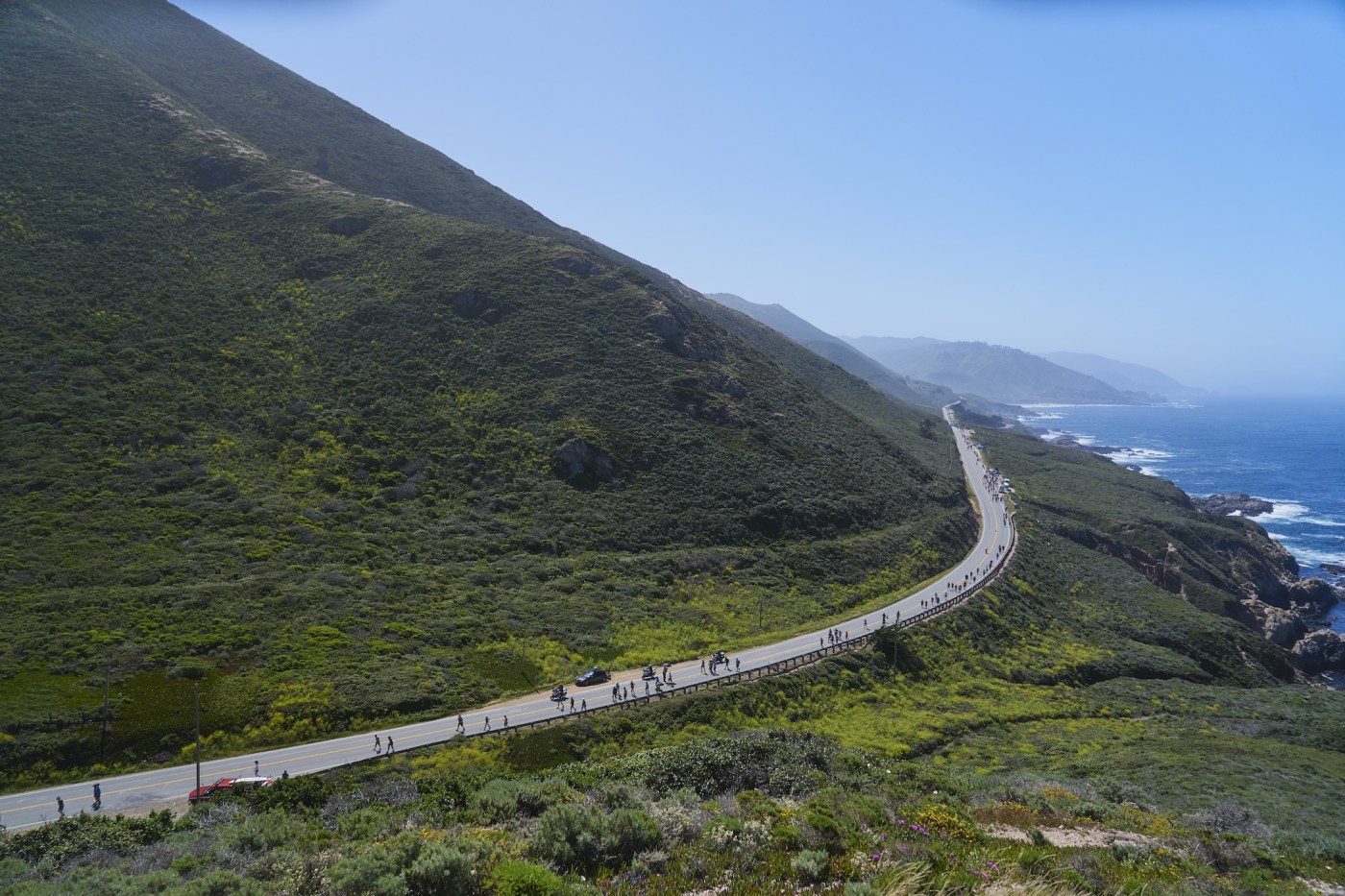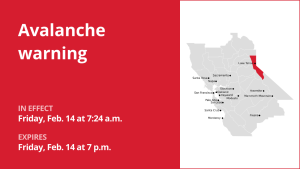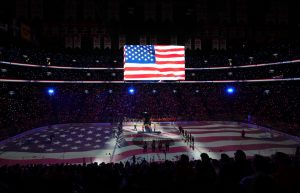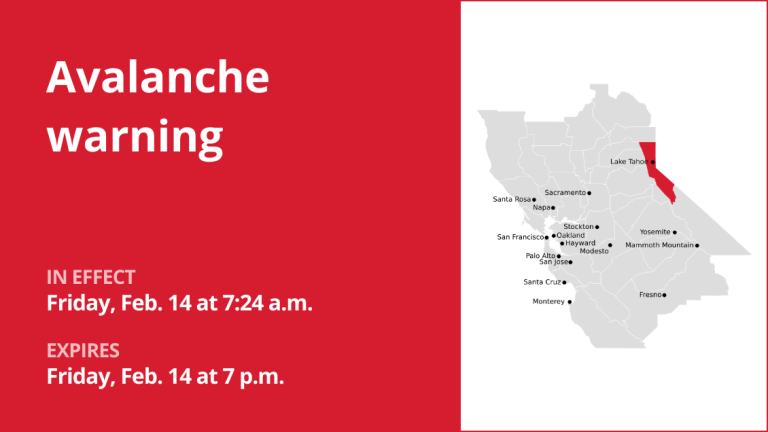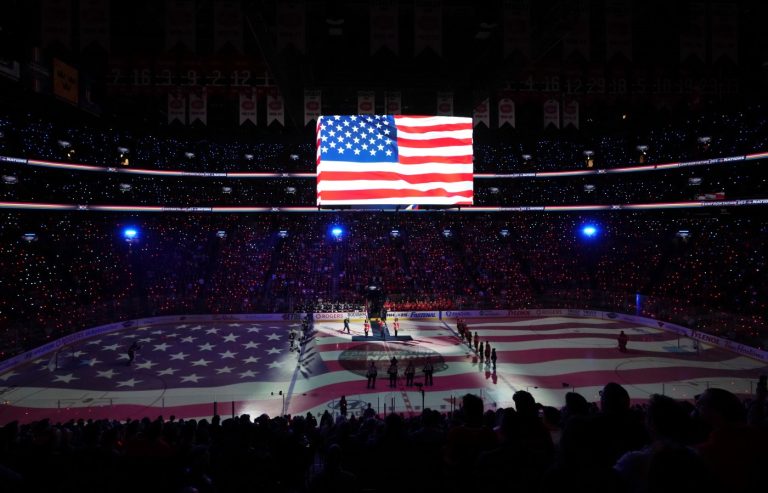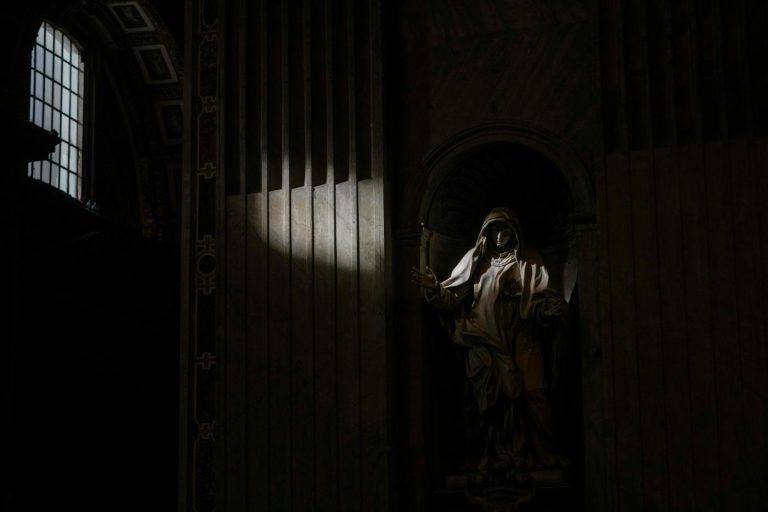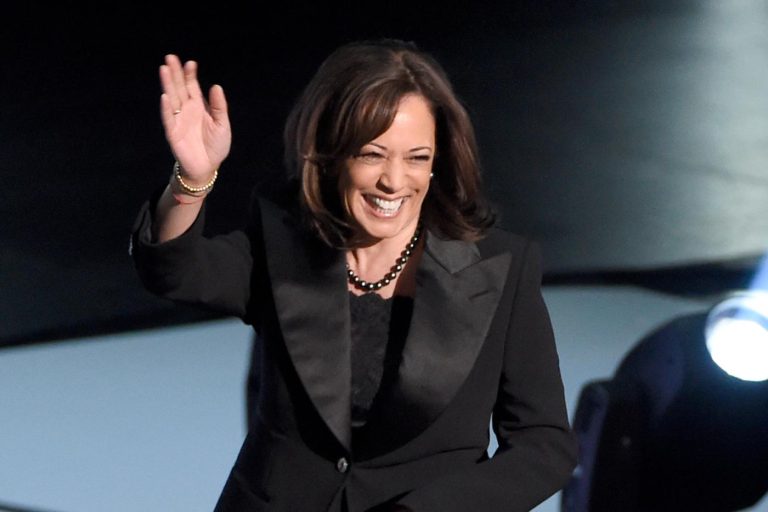CARMEL – The final steps in rerouting the Big Sur International Marathon course were finalized and approved by the organization’s foundation Wednesday afternoon.
All that awaits is Saturday’s measurements to certify the course as the annual world-renown event will be staged April 28.
“It’s a good day,” said Josh Priester, the executive director of the race. “Moving an event this quickly is a testament to the teamwork of all agencies involved with the process.”
The slip-out of a portion of the southbound lane of Highway 1 near Rocky Creek Bridge on March 30 made it unsafe for runners to run the regular route.
Over the past 12 days, event organizers have worked with several agencies to reroute the course, which normally starts 13 plus miles further south of the landslide.
“We had to make a quick pivot,” Preister said. “Fortunately, this wasn’t the first time we have had to alter the course because of unforeseen circumstances. So, we had a blueprint.”
The layout Preister was talking about is from 2011. It is being used again with subtle changes as the marathon will start near the finish line and run through parts of Point Lobos State Park on its return.
“There is precedence to this when it happened in 1998 and 2011,” Preister said. “The course is very similar to what was used in 2011.”
The race will start just north of the Carmel River Bridge, roughly 250 meters from the finish line on Highway 1 at the Crossroads in Carmel.
From there runners participating in the marathon, the relay and 21-miler will run 12 miles before turning around just north of Rocky Creek Bridge and returning.
Along the way back, runners will maneuver through Point Lobos for 2 miles before coming back out and finishing the race.
Starts for the 11-miler, 12k and 5k will remain unchanged near the Crossroads.
“I do want to point out that Point Lobos is one the crown jewels for parks on the West Coast,” Preister said. “And there is still plenty of beautiful coastline to run along.”
An official course measurement for the 26-mile, 385-yard loop is expected to take place Saturday to certify the race, which has been a qualifier for other marathons in the past.
“With an international marathon of this magnitude, you need to have it certified,” Preister said. “Our marathon has its challenges from terrain to the elements.”
Thoughts of canceling or postponing the 38th running of the event never really surfaced. The Big Sur Marathon has only been canceled twice, in 2020 and 2021 because of the pandemic.
“Our No. 1 priority with the changes of this course was the safety of our runners,” Preister said. “If the stage shifts, the beauty of the course is still unmatched. It’s still an incredible experience.”
More than 10,000 runners are expected to take part in one of the six races on April 28, with the marathon sold out with 4,500 participants.
“Our team has been working tirelessly with our committed agency partners to identify solutions,” Preister said. “I’m extremely grateful for the commitment and dedication that I have seen from our entire community supporting us during this trying process.”
The starting times for the marathon, the relay and 21-mile race will be at 6:15 a.m., with the 11-miler slated for 6:30 a.m. The 12k and 5k races will start at 7:05 a.m.
“Naturally we have a few people upset,” Preister said. “The general and overall sentiment is people are excited that it’s happening. No one can control what happened. Everyone did their best to respond to it.”
